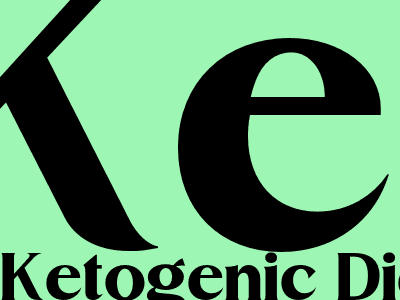Ketogenic Diet: A Comprehensive Guide to Its Benefits, Drawbacks, and How to Start
Introduction
The ketogenic diet, a low-carb, high-fat diet, has gained immense popularity for its potential health benefits. By drastically reducing carbohydrate intake, the body enters a state called ketosis, where it burns fat for energy instead of glucose.
Benefits of the Ketogenic Diet
Numerous studies have demonstrated the potential benefits of the ketogenic diet, including:
* Weight loss and fat reduction: By restricting carbohydrates, the body burns stored fat for energy, leading to significant weight loss. * Improved blood sugar control: The ketogenic diet can help manage type 2 diabetes by lowering blood sugar levels and reducing insulin resistance. * Reduced inflammation: Some studies suggest that the ketogenic diet may reduce inflammation throughout the body, benefiting conditions like arthritis and inflammatory bowel disease. * Improved brain health: The ketogenic diet provides an alternative fuel source for the brain, which may have neuroprotective effects and improve cognitive function.Drawbacks of the Ketogenic Diet
While the ketogenic diet can offer health benefits, it is important to be aware of its potential drawbacks:
* Nutrient deficiencies: Restricting carbohydrates can limit the intake of essential vitamins and minerals, potentially leading to deficiencies. * "Keto flu": The transition to the ketogenic diet can cause symptoms like fatigue, headaches, and nausea, known as the "keto flu." * Long-term effects: The long-term safety and effectiveness of the ketogenic diet are still being studied, and there are concerns about its impact on kidney and liver function.How to Start the Ketogenic Diet
Starting the ketogenic diet requires significant dietary changes:
* Reduce carbohydrate intake: Limit carbohydrate intake to 50 grams or less per day. * Increase fat intake: Increase fat intake to around 70-80% of daily calories. * Moderate protein intake: Aim for around 1.5-2 grams of protein per kilogram of body weight per day. * Hydrate well: Drink plenty of water, as the ketogenic diet can be diuretic.Conclusion
The ketogenic diet is a restrictive diet that can offer health benefits, but it also comes with potential drawbacks. Consider your individual health and consult with a healthcare professional before starting this diet.

Comments